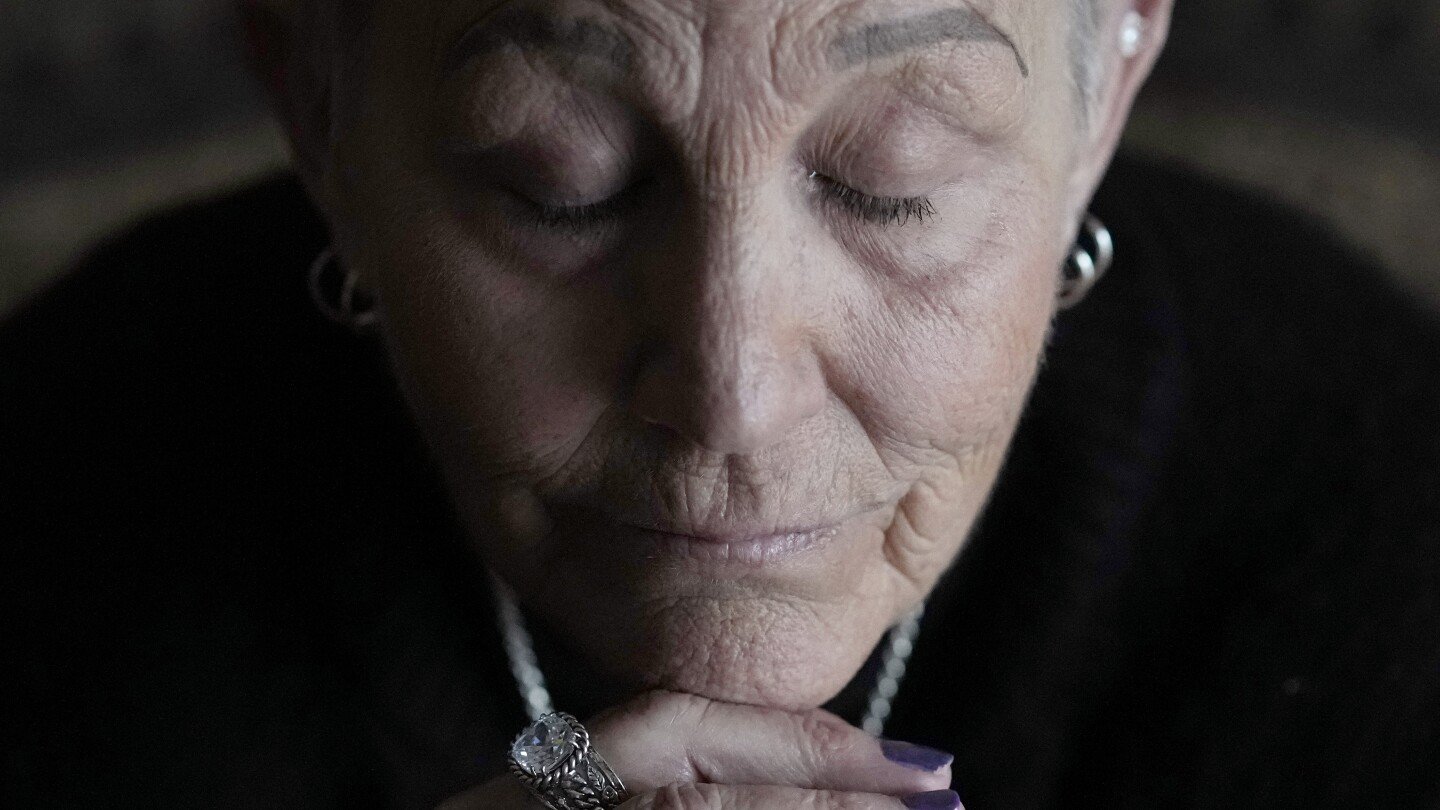On a brisk day at a restaurant outside Chicago, Deb Robertson sat with her teenage grandson to talk about her death.
She’ll probably miss his high school graduation. She declined the extended warranty on her car. Sometimes she wonders who will be at her funeral.
Those things don’t frighten her much. The 65-year-old didn’t cry when she learned two months ago that the cancerous tumors in her liver were spreading, portending a tormented death.
But later, she received a call. A bill moving through the Illinois Legislature to allow certain terminally ill patients to end their own lives with a doctor’s help had made progress.
Then she cried.
“Medical-aid in dying is not me choosing to die,” she says she told her 17-year-old grandson. “I am going to die. But it is my way of having a little bit more control over what it looks like in the end.”
That same conversation is happening beside hospital beds and around dinner tables across the country, as Americans who are nearing life’s end negotiate the terms with themselves, their families and, now, state lawmakers.



I wear seatbelts and I’m vaccinated but I believe in freedom for others. I wish I hadn’t been circumcised, and I think it should be illegal too. It was a violation of my bodily autonomy because I was incapable of consent. An overarching constitutional amendment is what is needed to clarify why circumcision has a different legal standing than other forms of genital mutilation of minors. But I think it shouldn’t be thought of as different. I don’t think 18 is a magical age of bodily autonomy. Abortion, or other bodily choices can be made independently at younger ages.
We don’t need these endless fights over corner-cases of freedom. You spend the time all at once to determine what bodily autonomy means, and what the government’s responsibility is in protecting that fundamental human right, and under what rare circumstances one’s autonomy can be limited. You can make conditions for privileges (seatbelts for roads, vaccines for travel/crowds), but you cannot force vaccinations or brain chips, or RFID implant tags, or anything on people.